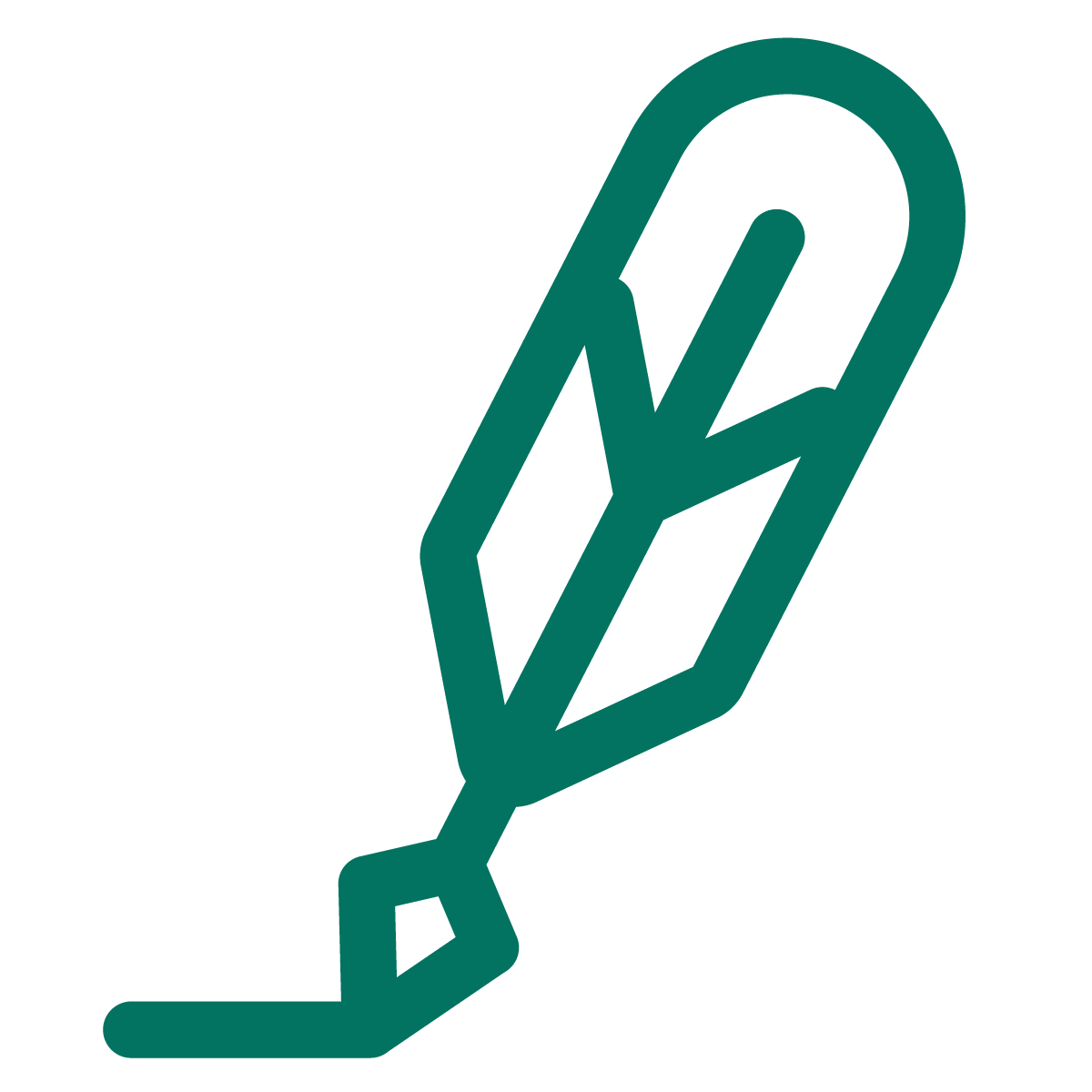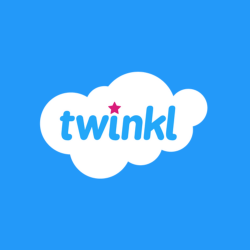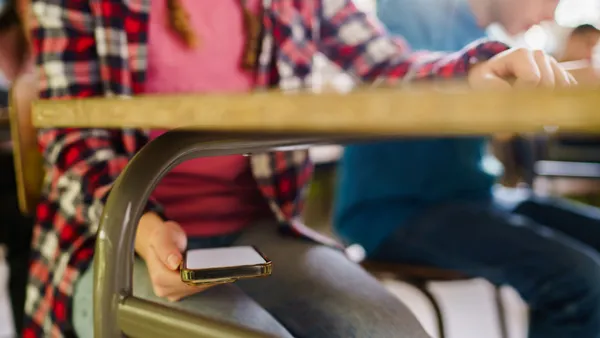Dive Brief:
-
To teach in a digital age, teachers and school librarians are increasingly calling on school district leaders to lift restrictions on social media websites, EdSurge reports.
-
In an attempt to protect students from inappropriate material, the article says districts have gone too far in the other direction by blocking sites such as Facebook and YouTube that have multiple educational purposes.
-
Educators say that they are missing out on opportunities to teach students how to use social media responsibly by not being able to incorporate it into lessons in the classroom.
Dive Insight:
Students are often not deterred by school districts’ efforts to filter websites that might be viewed as a distraction to learning or inappropriate to use during the school day, demonstrating that they are able to bypass such blocking techniques. While teachers might talk about cyberbullying and other internet safety topics, they can be more effective if they give students opportunities in the classroom to see how social media can be used in positive ways, such as Twitter chats or Skype conversations with students across the world.
As filtering software becomes more sophisticated and millennials begin to take leadership positions in schools, it’s likely that more schools and districts will begin to unblock sites that educators believe are necessary to teach and engage today’s learners. A 2011 report from the Consortium for School Networking suggested that across-the-board bans of specific sites are not necessary and limit educators’ ability to teach responsible use of social media. The report also recommended that districts adapt their acceptable use policies into “responsible use policies” that communicate to students their responsibility to use the internet in ethical ways.
“No era in history has come close to the quality and volume of learning resources that are at our fingertips,” the report says. “Informed leadership from all key stakeholders is required to seize the learning opportunities while minimizing the risks.”












